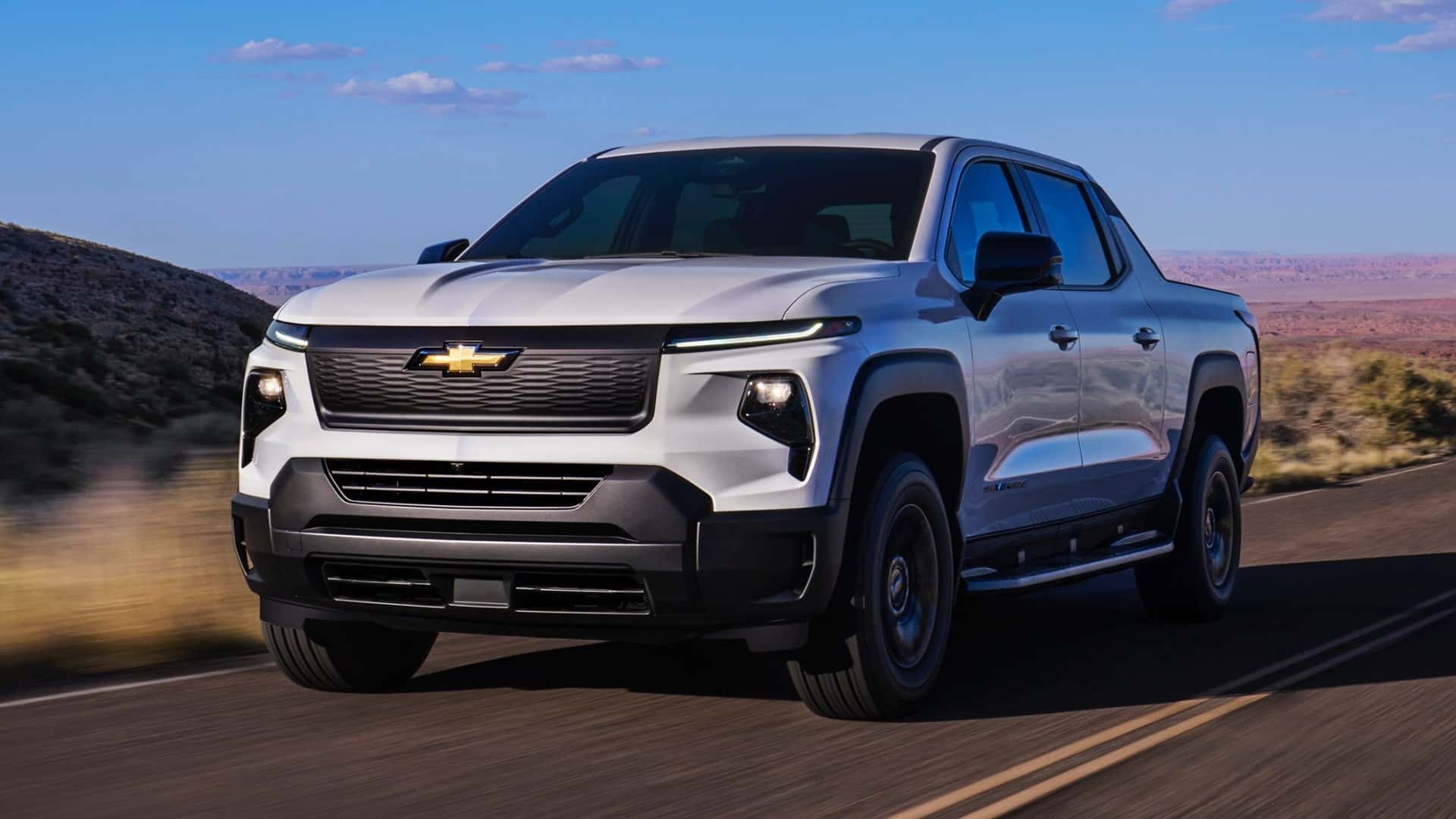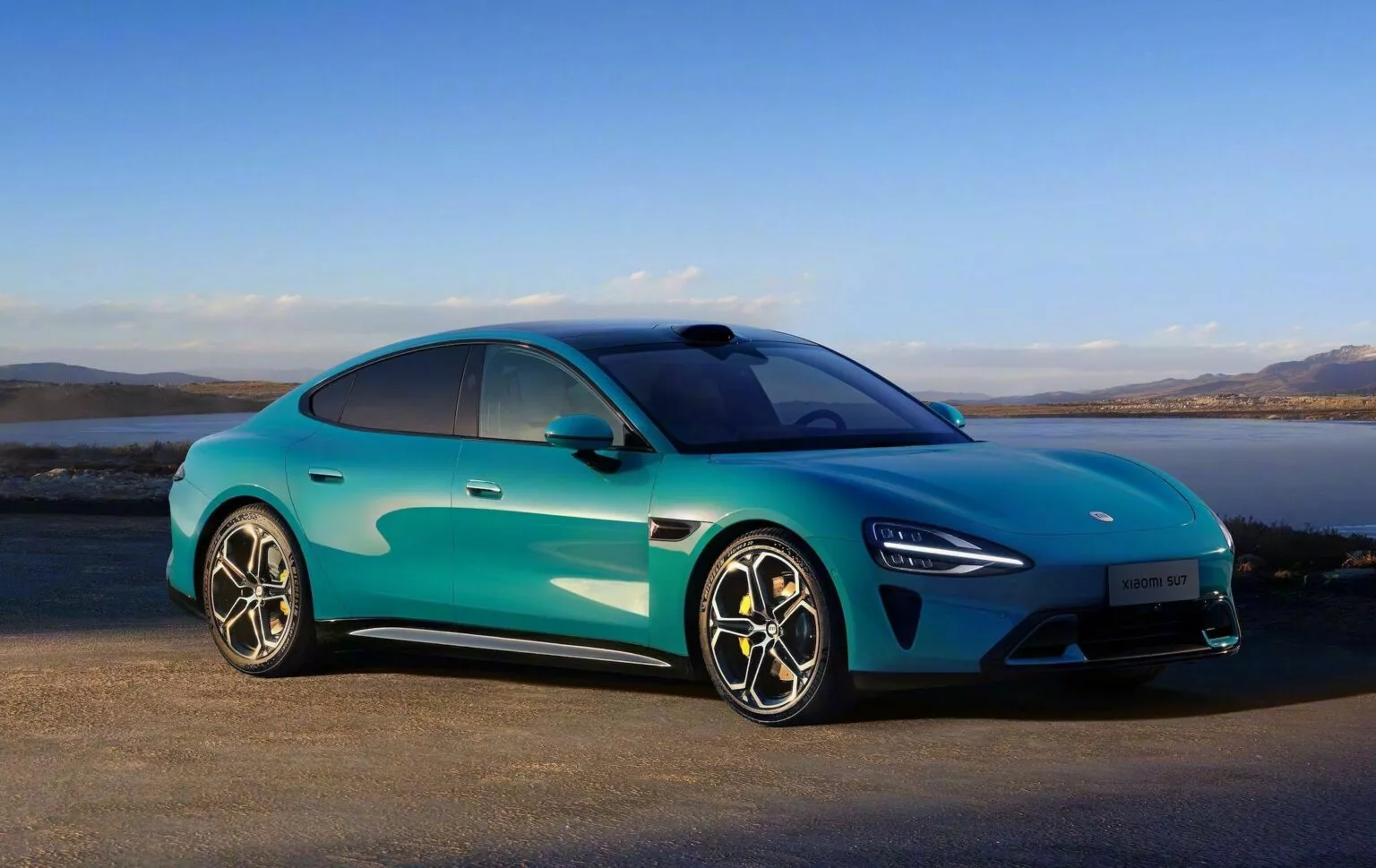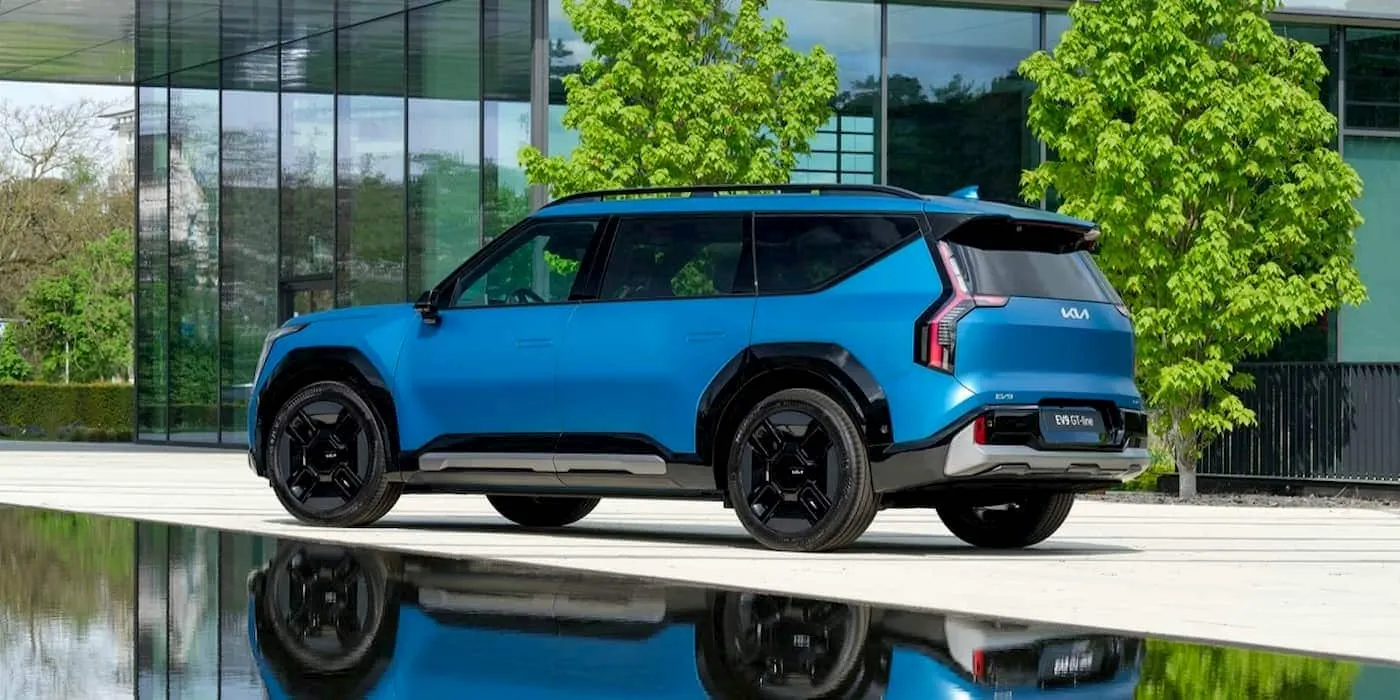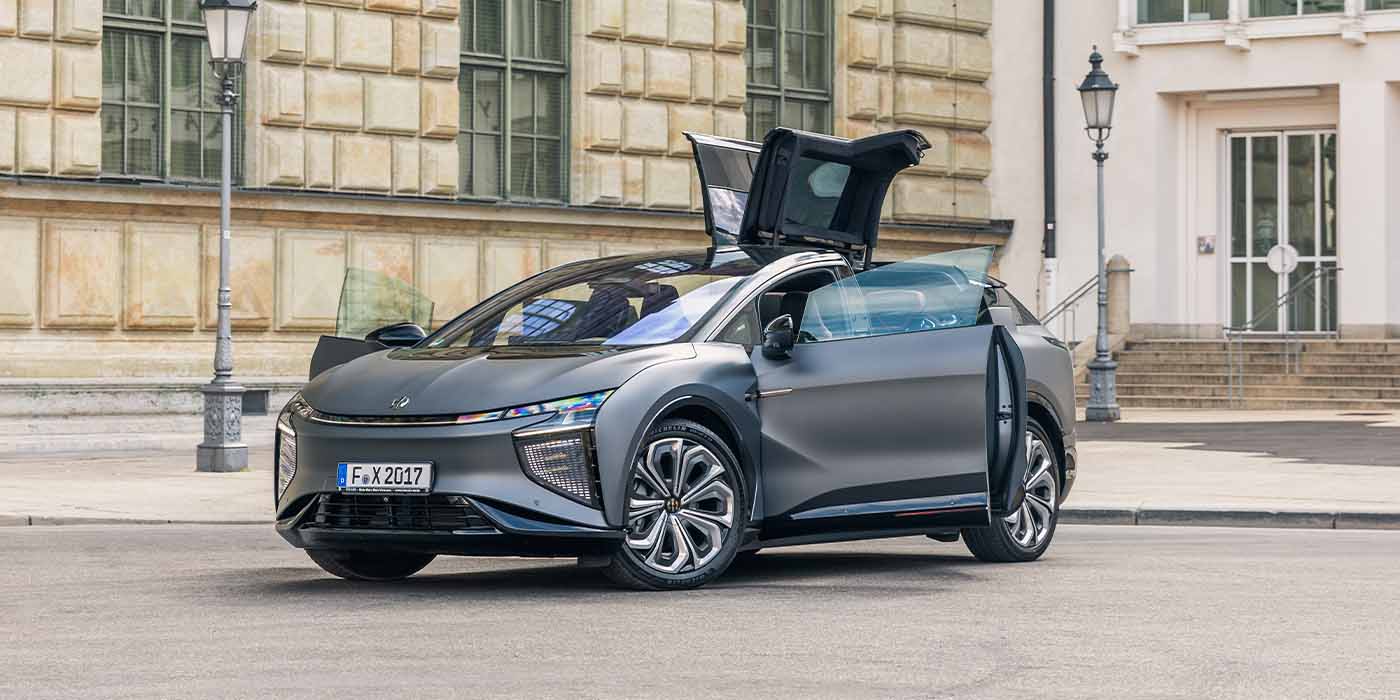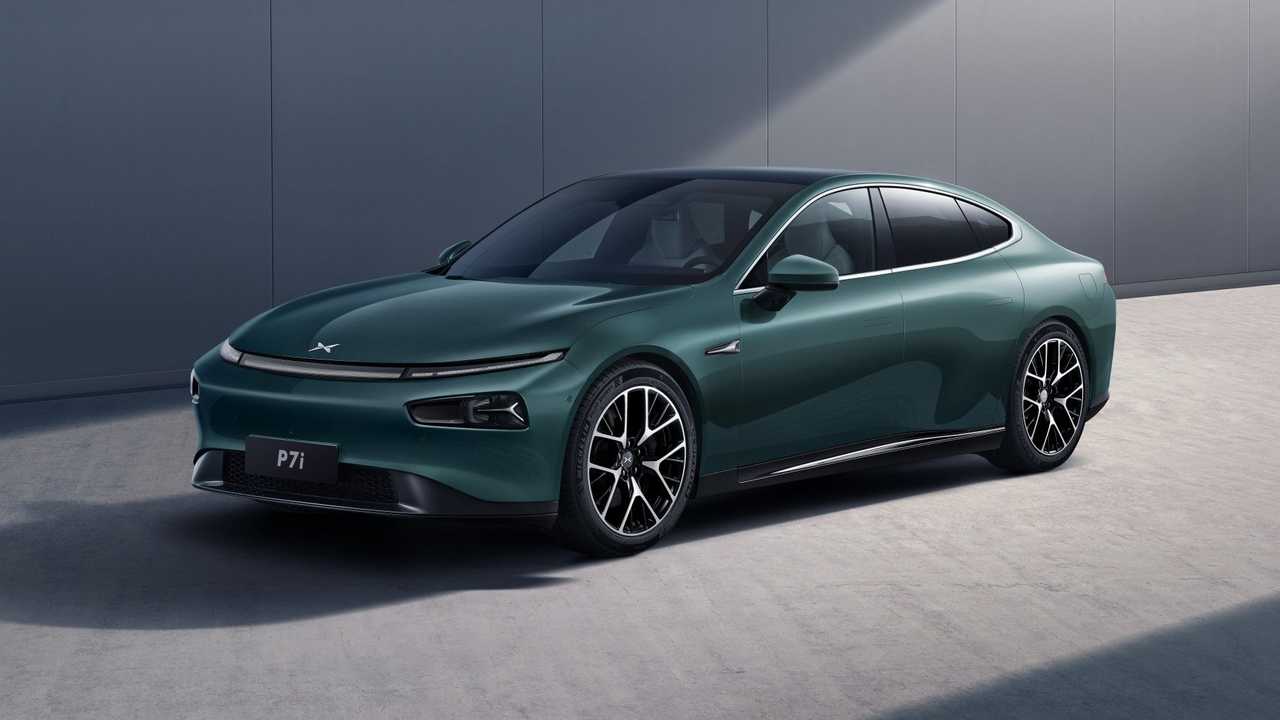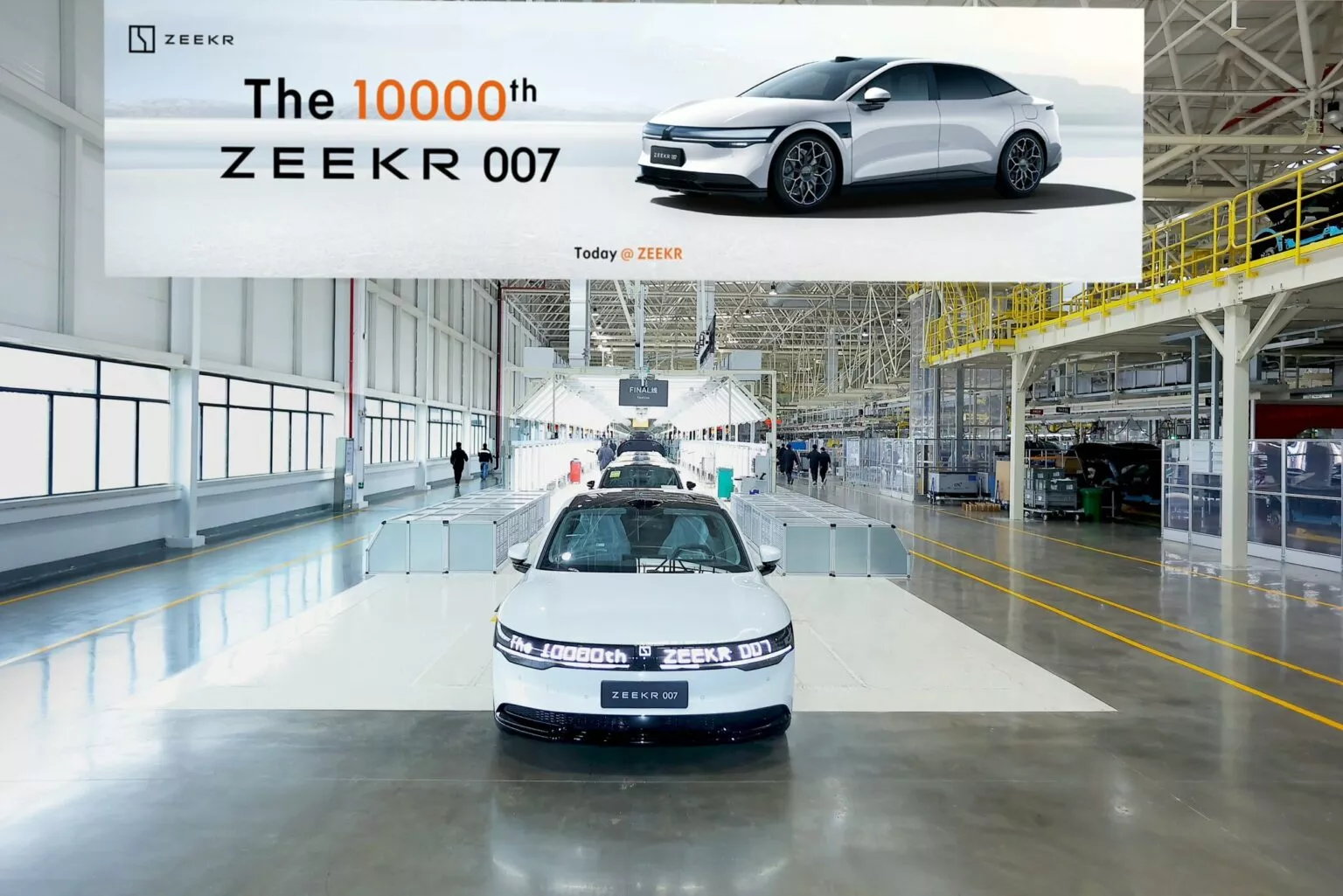Paul Jacobson, Chief Financial Officer of General Motors, has openly addressed the automotive giant’s need to resolve issues with its electric vehicles (EVs), acknowledging several delays in their upcoming models over the past year.
Among the most significant delays is the postponement of the Chevrolet Silverado EV and GMC Sierra EV, originally slated for release in 2024 but now expected in late 2025. Similarly, the launch of the Chevrolet Equinox EV has been pushed back, with its starting price set at $34,995, higher than the initial ~$30,000 estimate. Jacobson stressed the importance of pricing competitiveness for GM’s EVs to attract new customers.
“We’ve had a couple of unfortunate delays in the programs, and we’re making sure that we work out the final bugs because the most important thing, especially when you’re coming with a new platform like these EVs, you’ve got to deliver it with quality to the customers,” Jacobson stated at the Citi 2024 Global Industrial Tech and Mobility Conference in Florida. “You can make the mistake of going too fast to hit volume targets before they’re ready, and we don’t want to do that. So we’re focused on executing some of the final touches of getting those vehicles to market.”
Despite GM’s emphasis on ensuring its EVs meet high standards before launch, some models are still encountering issues. Late last year, a stop-sale was issued for the Blazer EV due to various software-related problems uncovered during testing by journalists. Additionally, earlier this week, GM announced a stop-sale for two non-EV models, the 2024 GMC Canyon and Chevrolet Colorado, also due to a software issue.
Jacobson remains optimistic about the profitability of GM’s Ultium platform, projecting it to become profitable once annual EV sales surpass 200,000 in North America.
“There’s a really important stair step this year of getting to variable profit positive, and a lot of that is growing into our skin on what we’ve built,” he explained to the Detroit Free Press. “We have to be careful to not blindly play the volume game. We don’t need to grow significantly in the market to get to 200,000 to 300,000 vehicles this year; we think we can do it with stable pricing.”

